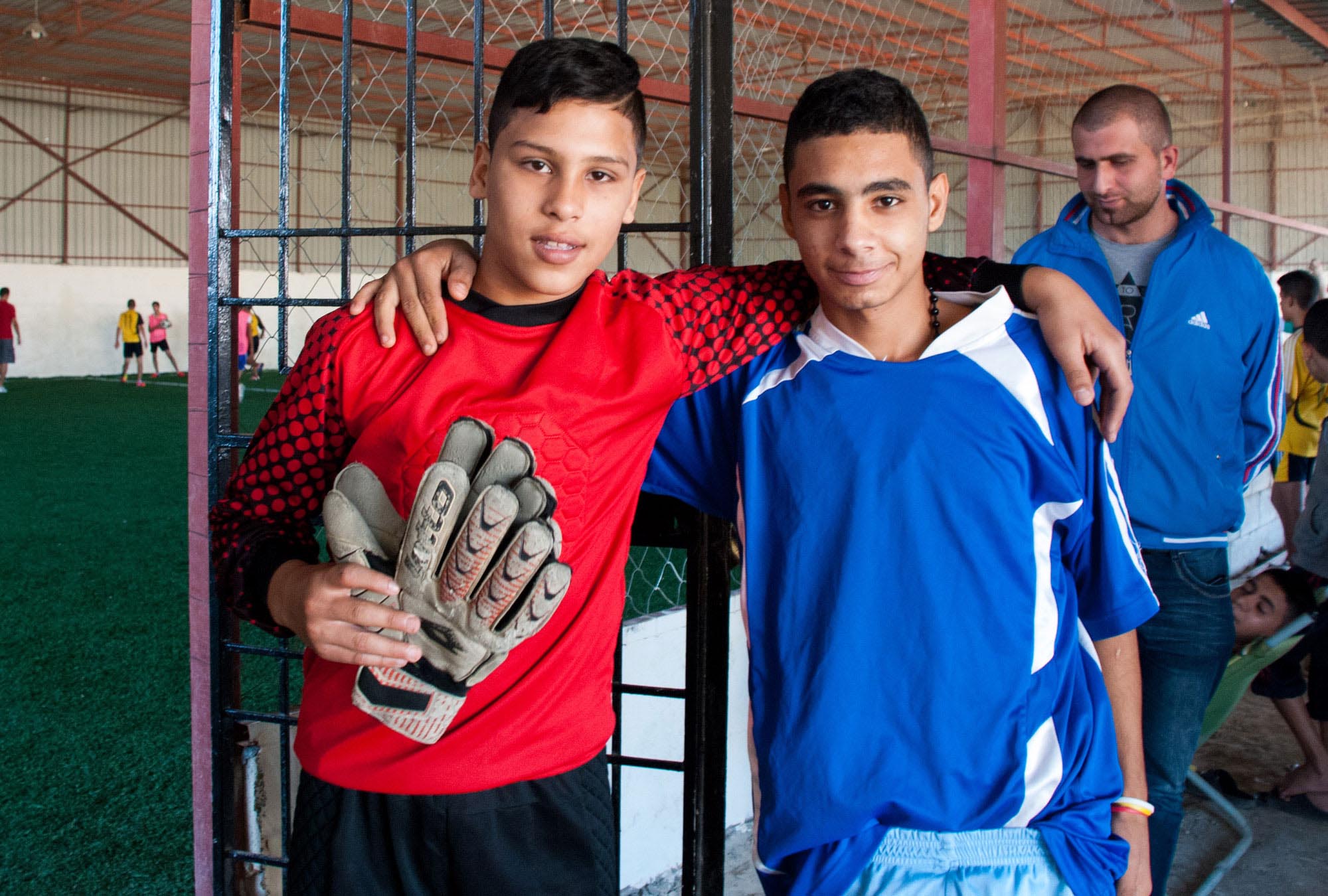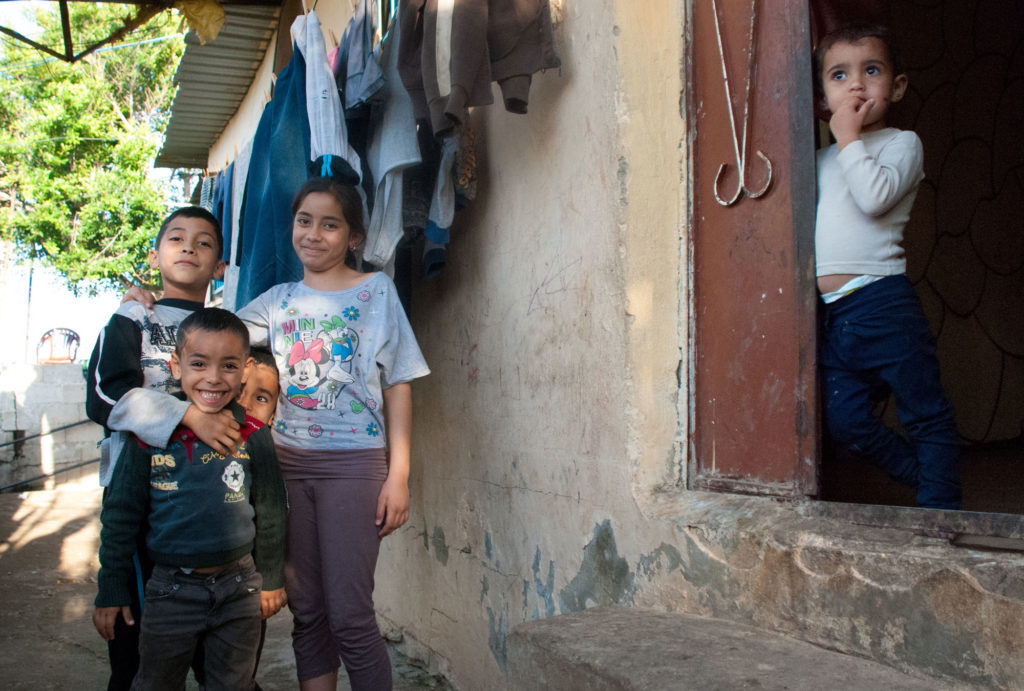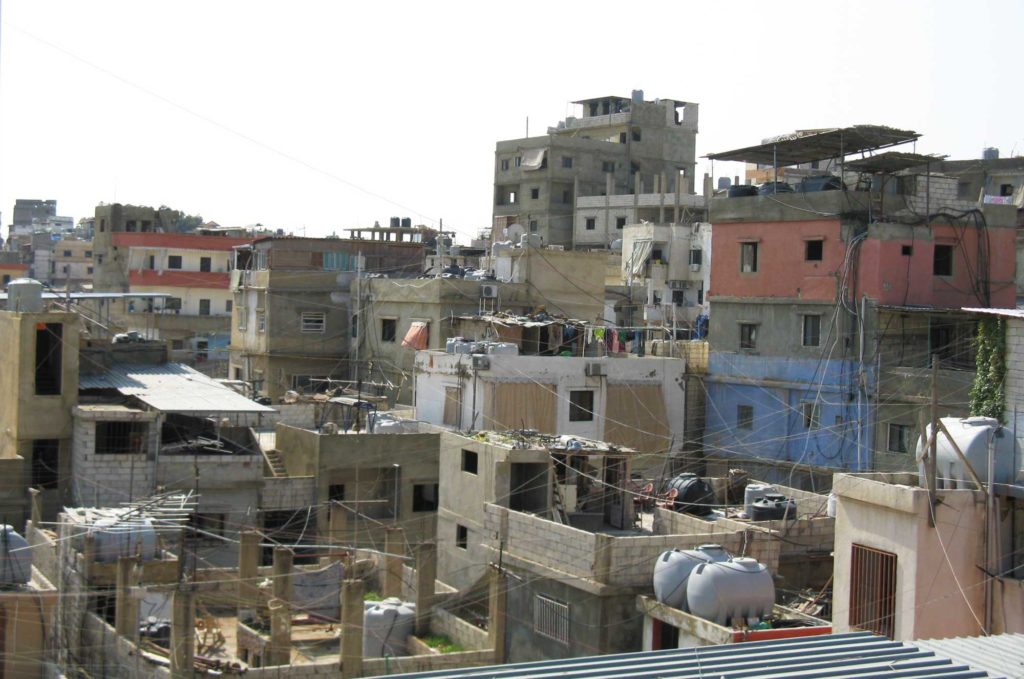Feb, 2014
“The fighting destroyed everything in Yarmouk camp, so on January 1st 2013, we left for Lebanon,” 14-year-old Jawad explains. “Our departure was so rushed that we were only able to gather a small suitcase to take with us.”
Jawad is one of the million refugees from Syria who have sought safety in Lebanon over the past two years. The sudden flood of refugees is causing sectarian tensions to flare among Lebanon’s four million residents who are already suffering from the economic impact of the war on their border.
For youngsters like Jawad, with a Syrian mother and Palestinian father, his new reality as a refugee is frightening. He already recognizes the prejudice toward Syrian refugees among some Lebanese communities. “People here don’t really accept us. They say we carry diseases,” he explains, referring to the polio outbreak in Syria.
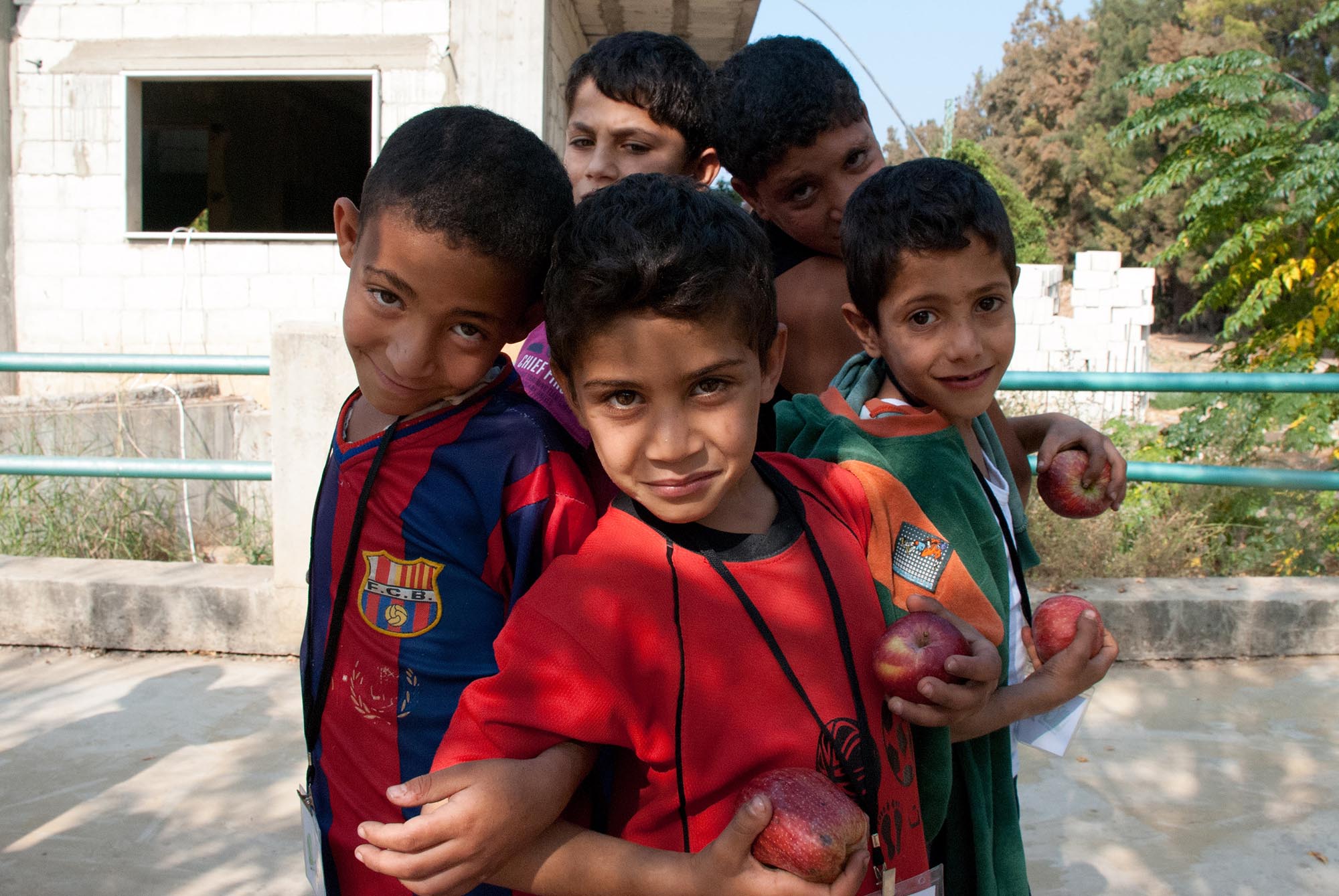

Refugees are finding Lebanon’s hospitality has diminished over the past two years as long-standing socio-economic frictions between Syrians, Lebanese and Palestinians resurface. Many youths from Syria feel isolated and rejected in their new communities. Young Fahed fled from Yarmouk camp in Syria to Lebanon’s Nahr El Bared camp but finds little comfort there. “It’s very difficult here. Other kids don’t like to play with us. They insult us and we often fight.”
The prejudice is even more apparent in the school system where local children and refugees are segregated in separate shifts throughout the day. Syrian refugees attend school during the afternoon shift, leaving little opportunity to mingle with the local kids who attend the morning shift.
The six-month pilot project “Sports For Peace,” funded by USAID’s Office of Transition Initiatives (OTI), has brought together more than 1,700 Lebanese, Syrian and Palestinian young boys and girls, aged 7 to 17. Youth from 25 sports clubs from conflicting neighborhoods in northern Lebanon were able to play together in soccer tournaments, outdoor trips, and a peace-building Open Day event. The program also included a conflict mitigation workshop for 24 soccer coaches.
Sports proved an oasis of normality for the refugee teens, regardless of their origins, because of its significant role in happier times before the war. “I used to play soccer almost every day back in Syria,” Fahed says, “but in the past two years, after the war began, we stopped going out, and so we stopped playing.”
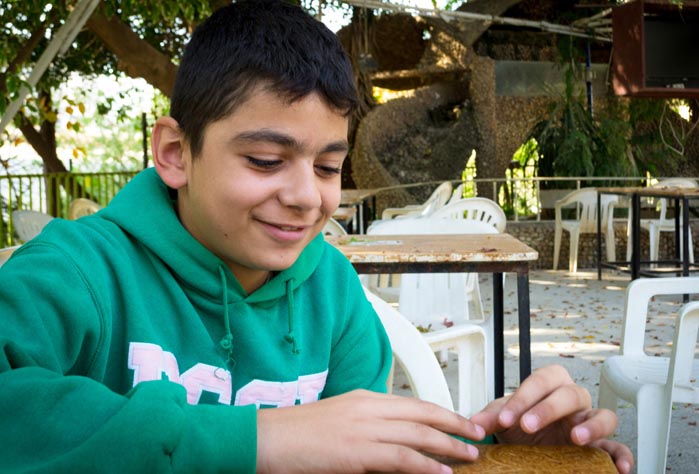



“This is the first time, I get to play in a tournament!” His eyes shine with enthusiasm, “and I made lots of new friends on my team. Now we play together after school, even when we don’t have training.
With Anera’s help, local sports clubs now have places to play and are encouraged to include children from Syria.
Jawad has joined the Al-Nidal soccer club in Beddawi Camp. “This is the first time, I get to play in a tournament!” His eyes shine with enthusiasm, “and I made lots of new friends on my team. Now we play together after school, even when we don’t have training.”
Jawad is not the only one enjoying the company of new friends. Eight out of ten children who have participated in Anera’s Sports for Peace program say they have made at least two new friends from Lebanon.
Sports Help Young Refugees Cope
Soccer also empowers young refugees and helps them build self-esteem while they learn to cope with the tough conditions of their new reality of uncertainty and vulnerability, Board games and group activities are part of Anera’s Sports for Peace program.
Young Zahar says he was traumatized by the death of his father in the Sryian conflict. “When I arrived in Nahr El Bared Camp in Lebanon, I felt completely lost. I didn’t know the place or the people and I was mentally exhausted.”
Thankfully, the 15-year-old joined a local soccer club where he was able to make new friends and become part of a group. “Two months ago, I began to play in Al-Somod club and it helped me a lot,” he explained. “Soccer helps me calm down. My mother even said to me, ‘you look happier, what is happening to you?’ When I’m playing with my new team I feel as if I’m in Syria again.”
Zahar, Jawad and Fahed still dream of returning to Syria to resume their lives. As the war at home drags on, the comfort they find playing with new found friends from different communities underscores the power of sports to provide a sense of hope and normalcy as well as a place to learn respect, tolerance and cooperation.
